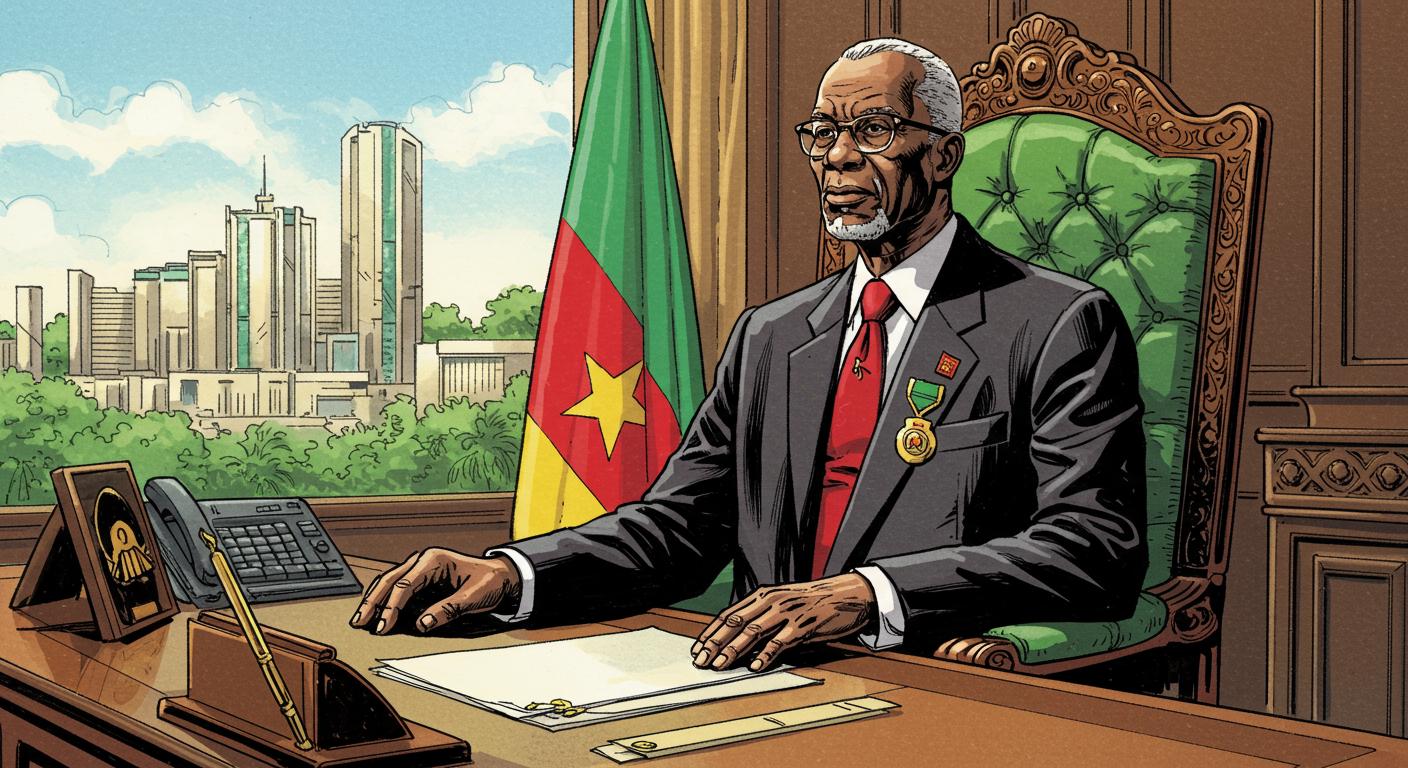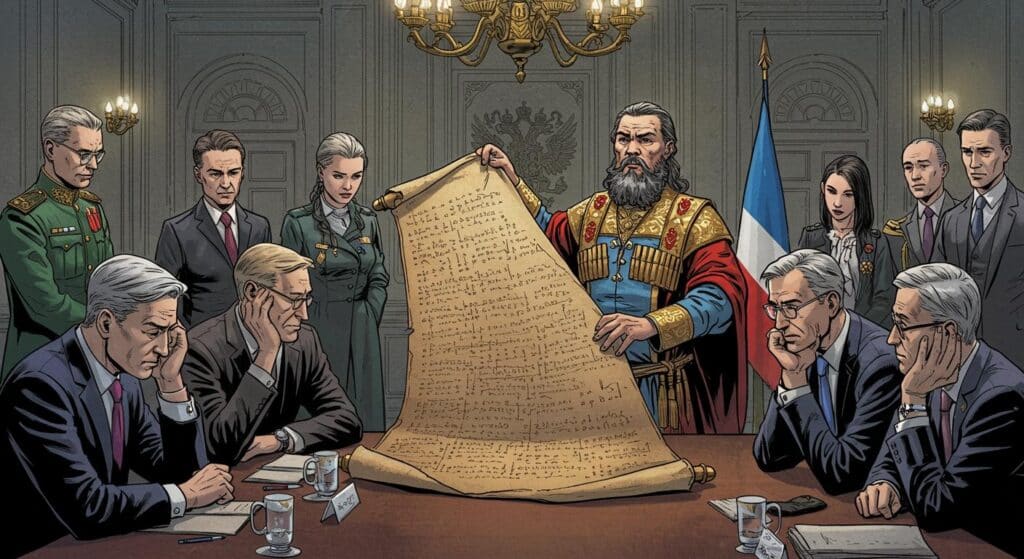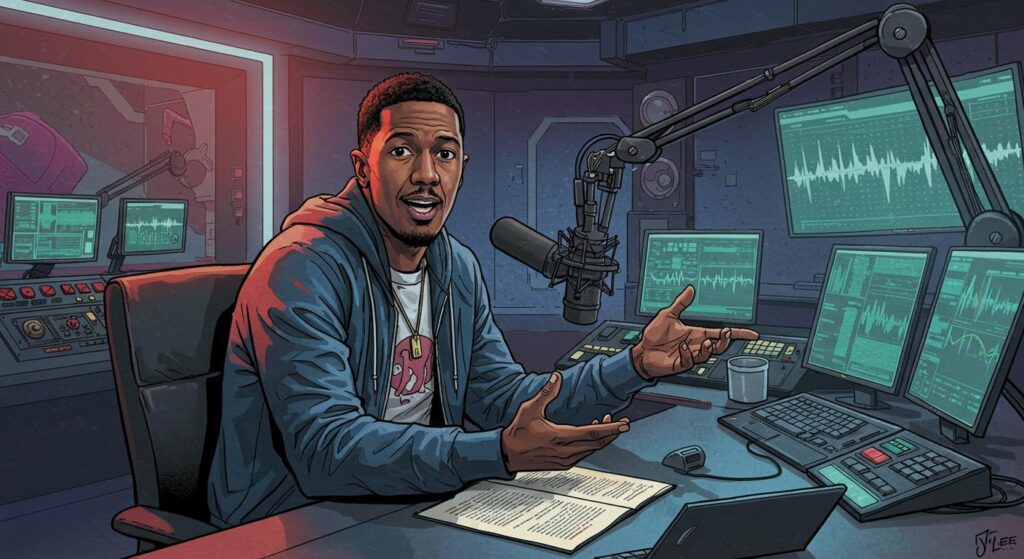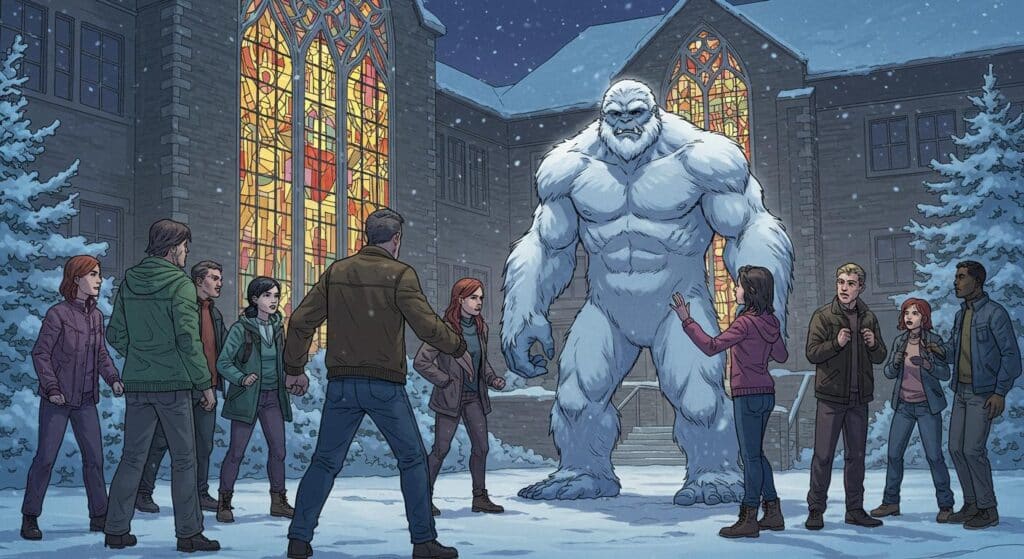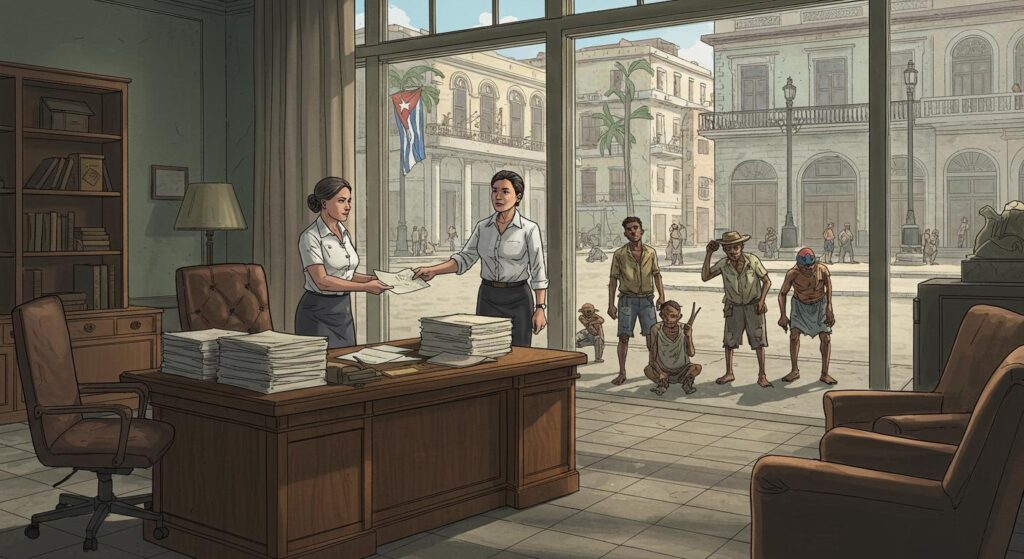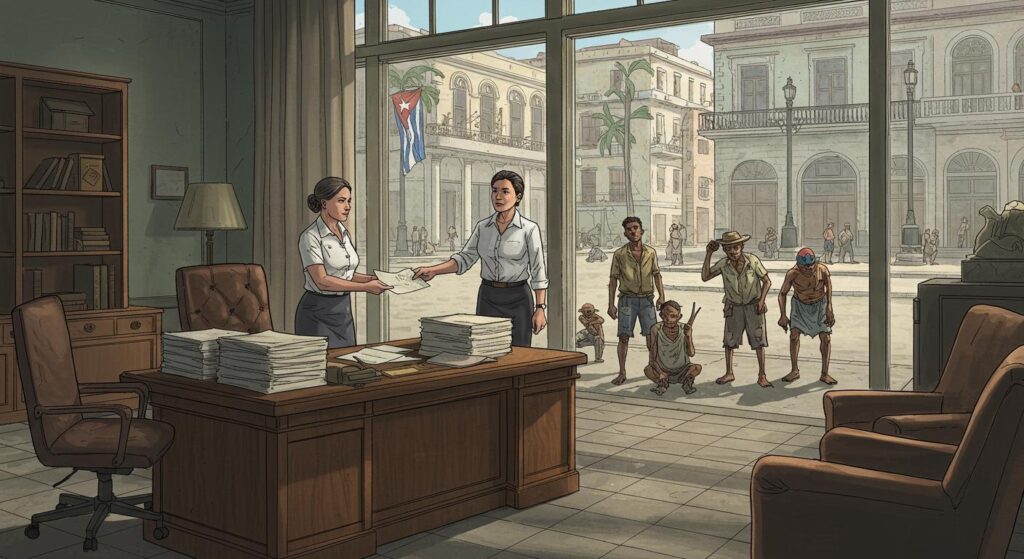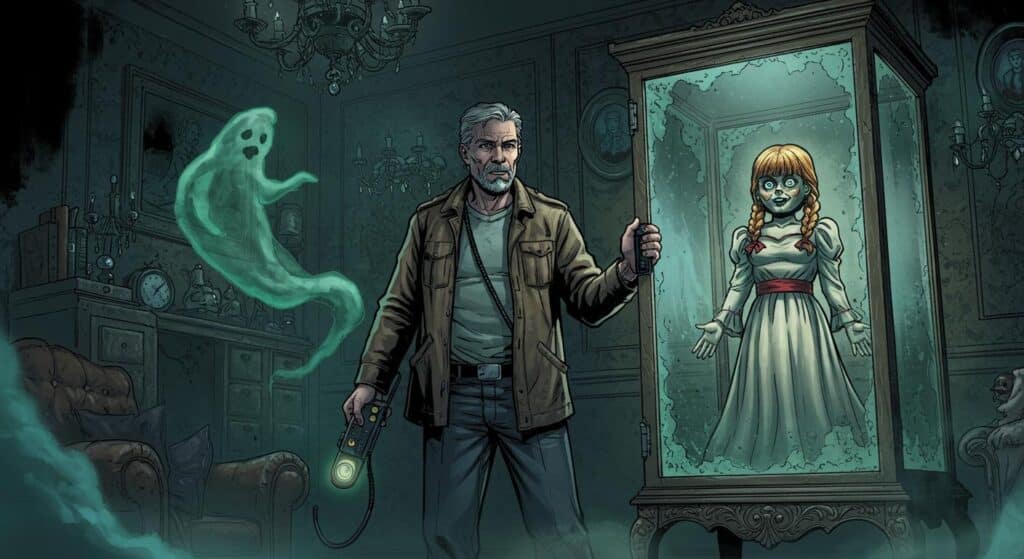In the ongoing saga of global political endurance sports, one contender has once again announced he’s lacing up for another lap. Cameroon’s 92-year-old President Paul Biya declared Sunday that he’ll seek a staggering eighth term in Cameroon’s October elections—a move, as first reported by AP News, that follows months of speculation about both his health and his political aspirations. Not everyone gets to be the subject of premature obituary rumors and then re-emerge with a campaign slogan, but Biya’s tenure is hardly ordinary.
An Era That Defies the Calendar
Described in France 24’s coverage, Biya isn’t merely a fixture of Cameroonian politics—he’s become something like its most persistent landmark. He’s Africa’s second-longest-serving president (trailing only Teodoro Obiang of Equatorial Guinea), having assumed office in 1982—long before the general public knew about compact discs or the internet.
During his four-plus-decade stretch, Biya’s regular absences for medical treatments abroad have fueled everything from fevered gossip to official denials. The Associated Press outlined how, just last year, talk of his death reached a crescendo, requiring a government statement to reassure the nation that reports of his demise were, in the grand tradition, greatly exaggerated.
At age 92 and with seven victories behind him, one imagines that “the best is yet to come”—Biya’s own campaign assurance on social media—might test the outer edges of even the most seasoned optimism. Still, you have to marvel at the sheer persistence: can any other nonagenarian claim both the title of head of state and the ability to make a nation’s government clarify their vital signs on command?
Stuck on the Same Chapter
Grouping together details documented by WFMZ, Biya’s record is more marathon than sprint. The country’s second president since independence in 1960, he has presided over what pundits might politely call a “stalled transition.” The phrase hardly does justice to the political groundhog day Cameroonians have experienced, as power remains resolutely in the same hands.
Over these four decades, his government has weathered waves of allegations: persistent corruption, unrest in English-speaking provinces, and educational disruptions as thousands of students have been forced out of school due to secessionist violence. The outlet also notes that the region hasn’t been immune to the cross-border troubles of Boko Haram, adding yet another layer of complexity—and challenge—to governance.
Is it possible for true renewal when the steering wheel has been held by the same driver for a generation? As human rights advocate Nkongho Felix Agbor put to AP, “After over 40 years in power, what the country needs is renewal—not repetition. Cameroonians deserve democratic change and accountable leadership.”
Recent months have even seen longtime loyalists step away to announce their own runs for president. But is this the first crack in an ironclad edifice, or just another case of musical chairs where the record never skips?
Elections with a Familiar Script
Trying to parse out meaning from elections in Cameroon is a little like betting on the plot twist in a well-worn detective novel—surprise seems suspiciously unlikely. Footage reviewed by France 24 shows Biya’s 2018 victory parade, where he racked up over 70% of the official vote. However, as previously reported by AP News, that triumph was marked by widespread irregularities and low voter turnout, the latter blunted further by separatist and extremist violence. When participation in national decision-making drops to single-digit levels in some regions, can outcomes really reflect the popular mood?
It’s a question that echoes beyond Cameroon, as several African leaders employ creative interpretations of constitutional limits and state power. The outlet cited the example of Ugandan President Yoweri Museveni, who’s notched nearly forty years himself and seems disinclined to hand over the ceremonial runner’s baton. There must be something in the presidential water coolers—perhaps a greater secret of longevity than even the ancient Greeks imagined.
Waiting for the Next Page
Looking at this scene, you have to wonder: how do you keep things rolling along when everything else—demographics, technology, international norms—shifts so dramatically? When the only constant is the portrait hanging behind the presidential desk, even renewal starts to resemble nostalgia.
October’s election is billed, as always, as critical. As France 24 contextualizes, some former inner-circle figures have broken away this year, each vowing to make a dent in the status quo. Is this the moment the storyline finally changes? Or will Cameroon continue to perfect the art of déjà vu at the polls?
History, in its own circuitous way, preserves every footnote—no matter how many times we find ourselves revisiting them. In the saga of Paul Biya, one can’t help but quietly marvel at the resilience, the routine, and the quiet mystery of what keeps a political clock ticking for half a century. Perhaps the last surprise in this story is simply how unsurprising it’s all become.

